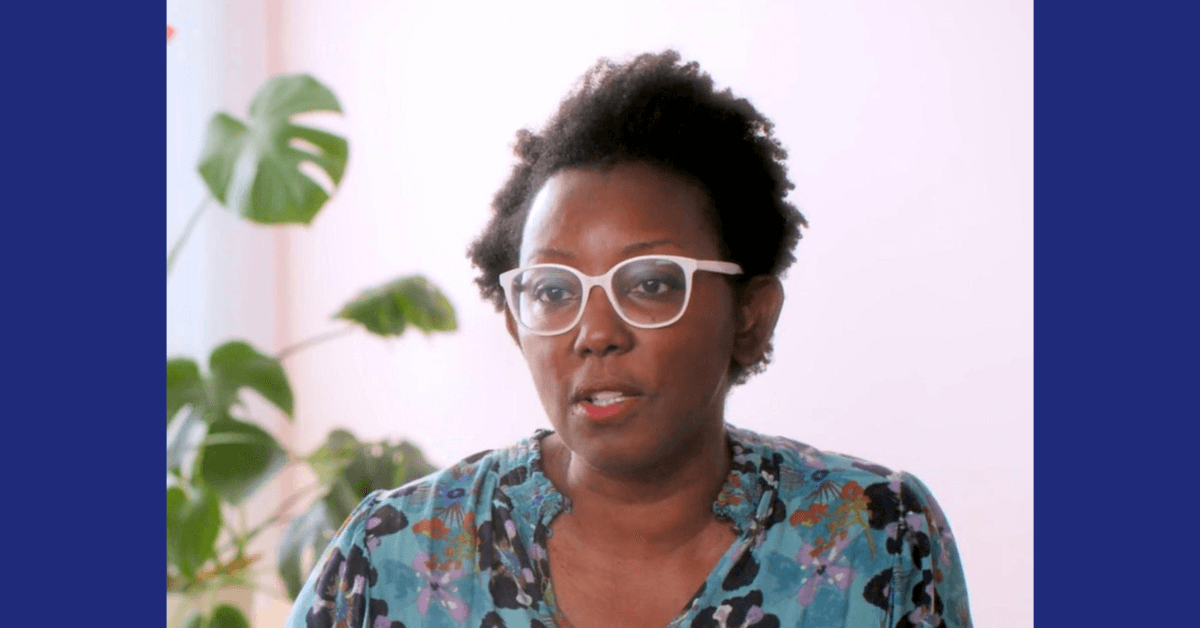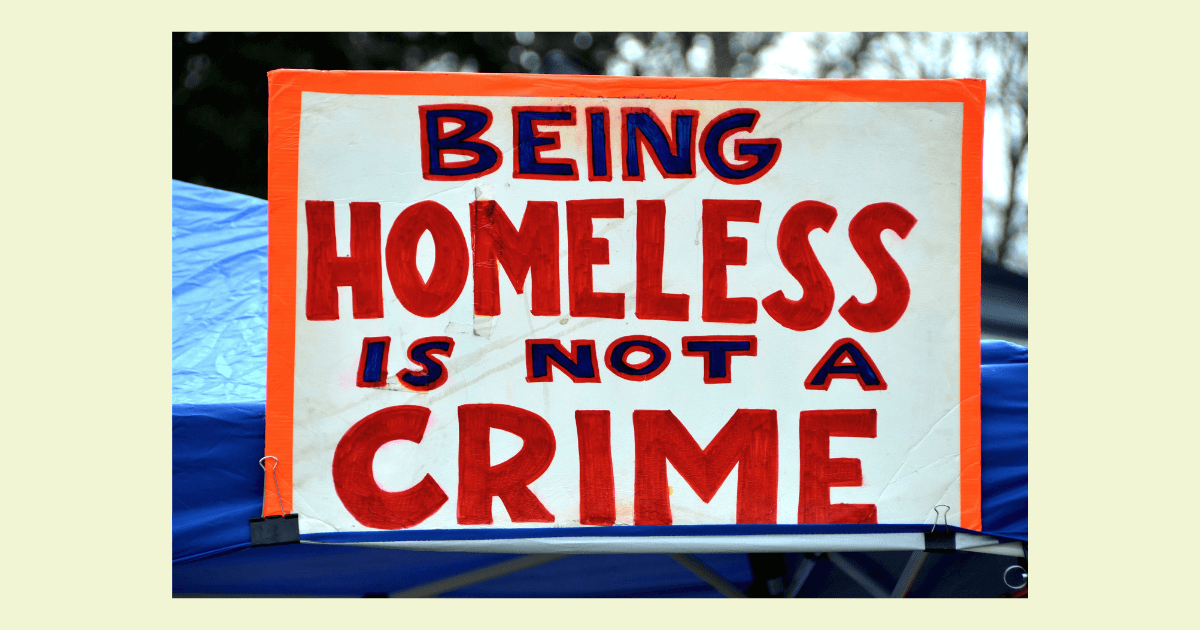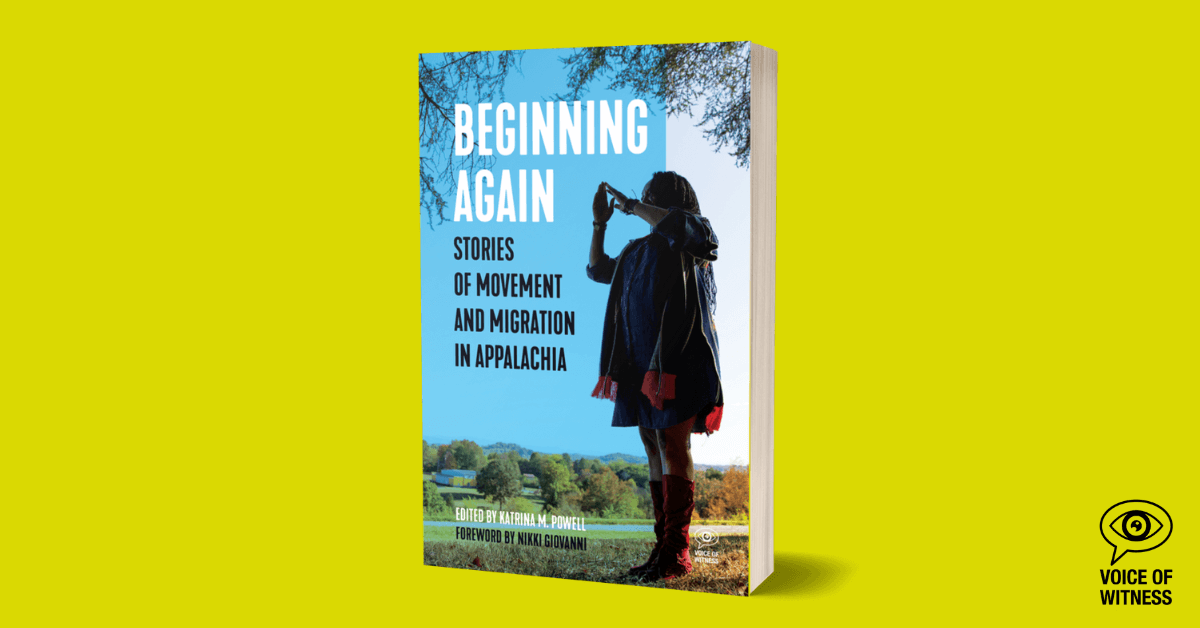About the Project:
One of the oral history projects in progress for the Voice of Witness book series is Global Stories from the Automated Welfare State. This project gathers and shares first-person stories from around the world that examine the ways in which biases written into the computer programs of digital tools increasingly mediate access to basic human needs such as housing, food, physical safety, medical care, financial capital, employment, and family integrity.
Under conditions of austerity, ethnic and religious nationalism, and white supremacy, these digital tools allow states to hide consequential political choices behind a smokescreen of neutral, objective, and rule-bound decision-making. But more than a century of discriminatory human choices are buried deep in the tools’ code, invisibly reproducing and amplifying structural inequalities.
The rapid global spread of this automated welfare state has been underway for at least fifty years, and yet, it is only now being recognized for what it is: a human rights crisis. Missing from current conversations and academic research about the risks and potential of the automated welfare state and its use of predictive analytics, big data, and artificial intelligence are the perspectives of those communities targeted by these technologies.
The automated welfare state has real, life-altering consequences for those who are impacted by it. Stories that combine first-person narratives with deeply-reported contexts and global perspectives are desperately needed for social activism, community organizing, technology design, and public policy.
Read a preview excerpt from narrator Sara Peavey’s oral history below.
Sara’s Story:
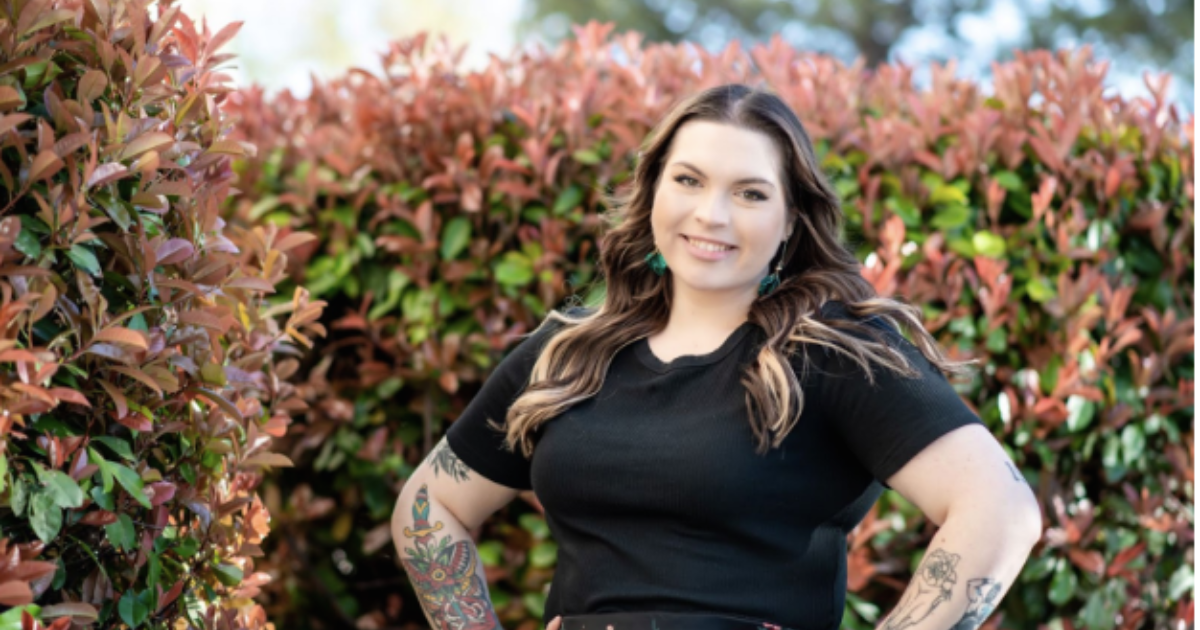
SARA PEAVEY
Born in: 1993, Chicago, Illinois
Lives in: Albuquerque, New Mexico, USA
Sara shared her story while sitting on the floor in her apartment during the 2020 COVID-19 pandemic. Due to New Mexico’s health mandates, we could not meet in person, so the interview took place over a Zencastr call. Sara is a second-generation social services recipient. As a child, Sara grew up navigating social services for her mother’s disability. When Sara turned eighteen, her only option for medical insurance was through Medicaid. She was twice removed from Medicaid by an automated system, and these experiences with the digital welfare state highlight the shift from in-person hearings to telephonic hearings.
I started seeing a therapist in early January 2016. My appointments were weekly, which I couldn’t afford out of pocket. I left my job at Build-A-Bear a year later in January 2017 because I was about to move to Texas, but that fell through.
A month later in February, I began working at this place called What Goes Around, a cute little consignment store here in Albuquerque. I was making $12 an hour. I felt like I was getting my life back. I’d had over a year of therapy and it was helping me so much. I had just moved into my own apartment. Two months later, I went to my therapy appointment in April. The front desk was like, “Your health insurance is denied.” I had no idea. They were like, “Don’t worry, we’ll put this as ‘self-pay,’ and we’ll bill you later.”
Once a year, Medicaid asks for your pay stubs to renew eligibility. I’d been on Medicaid since I was eighteen so it was routine to send in the last two weeks of my pay stubs every year. I’d faxed them to the Medicaid office in early April and thought everything was fine. I don’t remember getting a letter saying, “You’ve been approved,” like usual. But I also don’t remember getting a letter saying, “You haven’t been approved.” I went to that therapy appointment and that’s when I was told that my insurance had run out. When I went home and told my mom, we called the human services department and found out that I was making “too much” at my new job, so they couldn’t offer me health insurance anymore. I was shocked because I was pretty much making the same amount that I was at my previous job. I didn’t know how my income was okay before but not now. I thought, Why I didn’t get like a letter? I was just dropped. I requested a fair hearing where I could go in front of a judge and plead my case on why I deserve to be covered for health insurance and how my job doesn’t provide that. What Goes Around only had five employees and wasn’t legally obligated to provide health insurance.
After my suicide attempt, I was still very unstable. It wasn’t until early fall 2017 when I had this fair hearing and it was really scary, going in front of a judge. It’s not a fun thing to do when you’re pleading for the most basic thing, like, “Please, I need coverage to see a therapist.” The fair hearing was held over the phone. I was on my work break and called in from the back room. There were two representatives—one was from a human services department and the other was a witness. Then there was the judge, and me. They asked me, “What’s your story?” I said, “I don’t know why they said I made too much.” I told them that I had had a suicide attempt and therapy is lifesaving for me, and how important it is that I have health insurance. Then the Medicaid representative just said, “You made too much.”
It was all numbers. There was no human aspect. That’s when I found out that because I made about $13 more a month, I couldn’t be on Medicaid. I was like, “Are you serious? I can have my job take off that much money a month for me, if that’s the case.” They said that wouldn’t work. I was crying. I wasn’t in a place mentally where I could stop therapy. I was still figuring out what was going on in my head to lead me to that suicidal place. I was sobbing on the floor in the back room of What Goes Around. The judge got off the phone and the Medicaid representative got off the phone, and this really nice woman—the witness—stayed on. She said, “I’ve been in a very similar place.” She told me about a working while disabled Medicaid program that I should try applying for.
About the Editors:
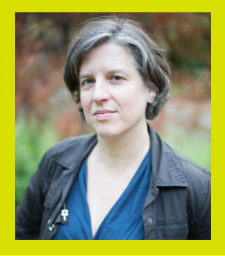
Virginia Eubanks is a writer, researcher, and educator who has dedicated the last two decades to thinking, talking, and organizing around technology, economic justice, and welfare rights. Eubanks’ work on algorithmic injustice, artificial intelligence, and the digital welfare state is path-breaking and her two books, Digital Dead End: Fighting for Social Justice in the Information Age (MIT Press, 2011) and Automating Inequality: How High-Tech Tools Profile, Police, and Punish the Poor, have been essential to bringing these issues to broad public consciousness. The latter book was reviewed in the New York Times Sunday Book Review, excerpted in Harper’s and WIRED magazines, and has been translated into Korean, Chinese, and Spanish.
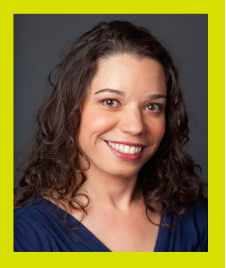
Andrea Quijada has been an organizer and advocate for media justice for over two decades. She is currently a PhD candidate in Art History researching surveillance as entertainment in US visual culture. She is the former executive director of Media Literacy Project (MLP) where she developed curriculum and provided media literacy trainings to various audiences across the United States and in Britain, Uganda, Germany, Venezuela, and Mexico. Throughout her thirteen-year tenure at MLP, her work included community education, direct action, communications, and civic engagement efforts with policy and regulatory entities. She has also served on many nonprofit and foundation boards throughout her career including Generation Justice, Enlace Comunitario, and Astraea Foundation.

